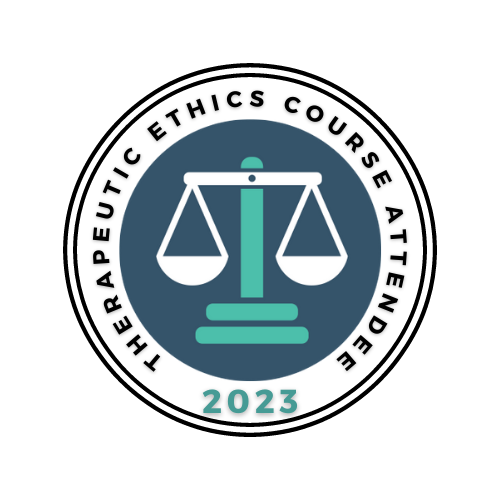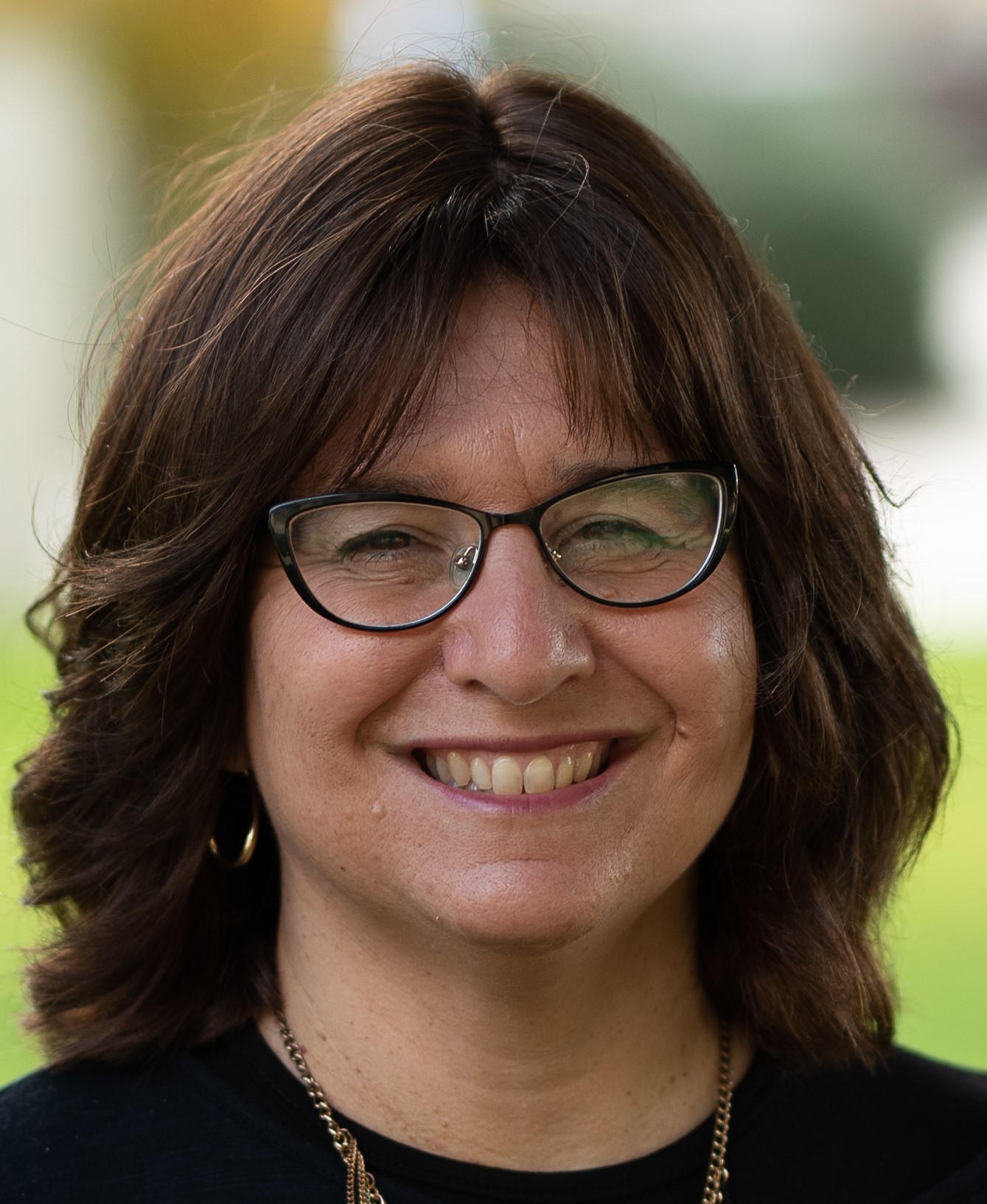Stacey Leibowitz-Levy
Credentials
Finances
Licensed Abroad
- Yechezkiel ha Navi 10
- Ramat Beit Shemesh, 9909338
- Email Me
- FREE CONSULTATION
-
 Evenings
Evenings
Stacey Leibowitz-Levy
 Verified
Verified
Credentials
Psychologist
MA, PhD
Finances
350-500 NIS
Private Insurance
N/A
ABOUT THE THERAPIST
I am an experienced psychologist with over twenty years of expertise, wide-ranging clinical skills, and specialties in the fields of anxiety, stress, trauma, complex trauma, and adjustment issues. I work with pre-teens, teens, and adults both in-person and online. My psychotherapeutic approach is customized to meet each client's individual needs. I use an integrative model that draws on CBT, DBT, psychodynamic psychotherapy, sand tray, art therapy, EMDR, and mindfulness. My clients benefit from a collaborative, respectful, and exploratory therapeutic style and a dynamic, intuitive, and creative therapist who is deeply committed to their sustained personal development and transformation. I offer expert psychotherapy, exceptional psychological knowledge, a wide skills base and depth of experience and knowledge that I draw on in my professional role. Please feel free to reach out to discuss your particular needs.
I have a Master’s Degree in Clinical Psychology (Cum Laude) and a PhD in the area of stress and am registered in both Israel and South Africa. I have been in private practice since 1997 and worked as an academic at the University of the Witwatersrand (South Africa), relocating to Israel in 2014. In Israel I have continued in my private practice and head the trauma unit at the Neve Family Institute (Jerusalem) offering supervision and training to post-masters social workers . In addition I have executive coaching and training experience having provided services to individuals and groups across a wide range of business sectors.
QUALIFICATIONS
MA
University of the Witwatersrand
1997
PhD
University of the Witwatersrand
2008
Degree
MAEducation
University of the WitwatersrandYear of Graduation
1997Degree
PhDEducation
University of the WitwatersrandYear of Graduation
2008Years in Practice
26
REGISTERED PSYCHOLOGIST IN ISRAEL
Registration in Pinkas Hapsichologim
27-141477
LICENSED ABROAD
License Number
South Africa: ps0058068ADDITIONAL CREDENTIALS
February-August 2020
EMDR – Level 1 and 2. EMDR Institute. Dr. Dani Kahn
January 28 - April 2019 Certificate in Advanced Training in Sandplay Sandtray training: working with families and children
June 25 and 26 2018 Treating Complex trauma with Somatic Interventions. 2 day workshop. Dr. Janina Fisher
January 2018
Somatic intervention in working with trauma. 4 day training. Rikki Bernstein
August 2013 – April 2014
Organization and relationship systems coaching (ORSC) Series – 4X3 day workshops, ICF accredited
February 2013 – July 2013
Executive Coaching training
Orion Business Solutions (9 ½ days) NQF level 5, 20 credits; ETDP SETA accreditation, ICF
DISTANCE COUNSELING
Online Therapy
PRIMARY SPECIALTIES
Adjustments
Anxiety / Panic
Executive / Career / Life Coaching
Stress Management
Trauma / Post Traumatic Stress Disorder PTSD
ADDITIONAL SPECIALTIES
Abuse
Anger Management
Borderline Personality Disorder
Grief
Life Transitions
Obsessive Compulsive Disorder (OCD)
Personality Disorders
Phobias
Psychosomatic Disorders
Self-Esteem
Sexual Abuse / Rape
CLIENT FOCUS
Population
Adolescents
Adults
Men
Women
Languages Spoken
English
TREATMENT APPROACH
Body-Mind PsychotherapyBody-mind psychotherapy is an integrative approach to psychological treatment that draws from both psychotherapeutic and somatic/body-based approaches. It emphasizes the interconnection between physical, emotional, cognitive and spiritual aspects of being. This approach seeks to help individuals explore how physical sensations, emotions, thoughts and beliefs influence their behavior and well-being. Through this exploration, individuals can gain insight into how the body and mind interact to create patterns of behavior, and how those patterns can be changed to promote healing and wellness.
Cognitive Behavioral Therapy (CBT)Cognitive Behavioral Therapy (CBT) is a type of psychotherapy that focuses on how one's thoughts, feelings and behaviors are connected and can be changed. It is based on the idea that how we think (cognition) and how we feel (emotion) can influence how we behave. CBT helps people identify and challenge distorted thinking and replace it with more balanced thinking, leading to improved mood and behavior. ‘Homework’, usually containing practical writing exercises, is often completed by the client between sessions to reinforce the therapy. Examples of tools that practitioners often use are journaling, challenging beliefs, and mindfulness.
Dialectical Behavior Therapy (DBT)Dialectical Behavior Therapy (DBT) is a type of cognitive-behavioral therapy developed by Marsha Linehan to help people learn to better manage and cope with emotions and stress. It focuses on developing skills and strategies to help regulate emotions, improve relationships and communication, and reduce self-destructive behaviors. Through DBT, people learn to identify and modify unhealthy thoughts and behaviors, while also learning to accept and validate their own feelings. DBT teaches skills to help individuals become aware of and accept and regulate their emotions, tolerate distress, and improve interpersonal relationships.
Expressive Arts TherapyExpressive Arts Therapy is particularly beneficial for clients who struggle with describing what they are feeling verbally. Through imagination and creation of different art forms, clients are able to interpret and communicate their inner world and catalyze healing. Expressive arts therapy can involve the use of multiple modalities, such as visual arts, music, movement, drama, storytelling, poetry, and play. It is used to help individuals of all ages, including children and adults, to explore their feelings, reconcile emotional conflicts, foster self-awareness, manage behavior and addictions, develop social skills, improve reality orientation, and solve problems.
Eye Movement Desensitization and Reprocessing Therapy (EMDR)Eye Movement Desensitization and Reprocessing (EMDR) is a psychotherapy treatment that was originally designed to alleviate the distress associated with traumatic memories. It uses a structured approach to address the past events that may be causing current distress, and uses bilateral stimulation, such as eye movements, to activate different neural networks in the brain in order to reduce symptoms of trauma. EMDR has been found to be effective for a wide range of mental health issues, including anxiety, depression, and PTSD.
Guided ImageryGuided imagery is a form of visualization used for relaxation and healing. It uses the power of the imagination to create positive changes in a person's thoughts, feelings, and behaviors. It is also used to reduce stress and anxiety, cope with physical and emotional pain, increase motivation, confidence, and self-esteem, and to improve focus and concentration. During a guided imagery session, the practitioner will guide the client through a series of visualizations, using words and descriptions to help them create mental images in their mind. These visualizations can take many forms, such as a comforting place from the past or the client’s future goals.
Holistic PsychotherapyHolistic psychotherapy emphasizes the individual's interconnectedness between the individual's physical, mental, emotional, and spiritual aspects and views them as inseparable components of a single holistic system. Holistic psychotherapy focuses on understanding how these components interact and affect a person’s wellbeing. The goal of holistic psychotherapy is to create a sense of wholeness and harmony within the individual, and to foster self-awareness and self-care. Holistic practitioners use a variety of approaches, including traditional talk therapy, mindfulness practices, and body-based therapies like movement therapy. They also may incorporate nutrition, physical activity, and other lifestyle factors into treatment plans.
Internal Family Systems (IFS)Internal Family Systems (IFS) is an evidence-based psychotherapy that uses the metaphor of an internal family of parts to help people gain awareness of how different parts of themselves can interact in healthy and unhealthy ways. IFS encourages people to become curious about their different parts, with the goal of helping them gain access to their true Self or core. Through this process, people can learn to recognize and care for the different parts of themselves, as well as develop compassionate understanding for the origins of their parts. A key principle of IFS is that each part within the person has its own positive intention and is trying to protect the person in some way. By understanding the positive intention of each part, the practitioner and client can work together to help the parts feel heard and understood, and to find more adaptive ways of meeting their needs. IFS has been found to be an effective treatment for a variety of mental health issues, including depression, anxiety, trauma, and relationship issues.
Mindfulness-Based Cognitive Therapy (MBCT)Mindfulness-Based Cognitive Therapy (MBCT) is a form of therapy that combines cognitive behavioral therapy with mindfulness practices. It is based on the idea that our thoughts, emotions, and physical sensations can affect our mental health. MBCT helps individuals become aware of their thoughts, emotions, and physical sensations in order to gain insight and control over them. MBCT helps clients learn how to recognize their sense of being and see themselves as separate from their thoughts and moods. This separation can free the client from thought patterns in which the repeated negative messages may be dominating the client’s focus. After developing an awareness of the separation between thoughts, emotions, and the self, people in treatment may find that while the self and the emotions may exist simultaneously, they do not have to exist within the same dimension. The healing can take place when one learns how to interject positive thoughts into negative moods and thereby create a shift in mood.
Psychodynamic TherapyPsychodynamic therapy is a form of therapy that focuses on the unconscious mind and how it affects behavior. It works to help people understand and work through past experiences and feelings that may be causing difficulties in the present. This type of therapy encourages individuals to explore their emotions, relationships, and behaviors in order to gain insight into their current difficulties. It can help individuals better understand themselves and their motivations, and gain insight into how past events have impacted their current lives. People tend to develop defense mechanisms when faced with challenges in life. Defense mechanisms may keep painful feelings, memories, and experiences in the unconscious. A few common defense mechanisms include: denial, repression, and rationalization. Psychodynamic therapists encourage people to speak freely about their emotions, desires, and fears. Being open may help uncover vulnerable feelings that have been pushed out of conscious awareness. According to psychodynamic theory, behavior is influenced by unconscious thought. Once painful feelings are brought forth and processed, the defense mechanisms are no longer needed and a person in treatment can start changing unhelpful patterns when coping with life’s challenges.
Sandplay TherapySandplay therapy is a form of psychotherapy that is based on Jungian psychology and is used to help children and adults explore their inner world using symbols and metaphors. It is a form of non-directive play therapy in which participants create a “sandbox” in which they construct three-dimensional scenes using tiny figurines and sand. Sandplay therapy is an effective form of therapy that helps clients explore their inner world, gain insight, and develop creative solutions to their problems. Sandplay therapy allows a person to construct their own microcosm using miniature toys and sand. What’s created acts as a reflection of the person’s own life and allows them the opportunity to resolve conflicts, identify and remove obstacles, and gain acceptance of self.
Trauma-Focused Cognitive Behavioral Therapy (TF-CBT)Trauma-Focused Cognitive Behavioral Therapy (TF-CBT) is an evidence-based practice used to help children, adolescents and their parents who have experienced a single or multiple traumatic events. This type of therapy combines cognitive and behavioral strategies to help people process their traumatic experiences, manage their distress, develop coping skills, and restore their sense of safety and well-being. TF-CBT focuses on education and skill-building, creating an environment of safety and trust, and using therapeutic activities to help people understand their responses and control their symptoms. Children are shown how perceptions may be distorted and are given the tools to redesign those perceptions. TF-CBT is a skills-based model, and it requires the child and parent to practice its components in order to be optimally effective. Parents and children are commonly asked to practice skills at home.
SERVICES OFFERED
Individual Therapy
Clinical Supervision
Coaching
Consultation
Couples Therapy
Workshops/Educating


 Verified
Verified


